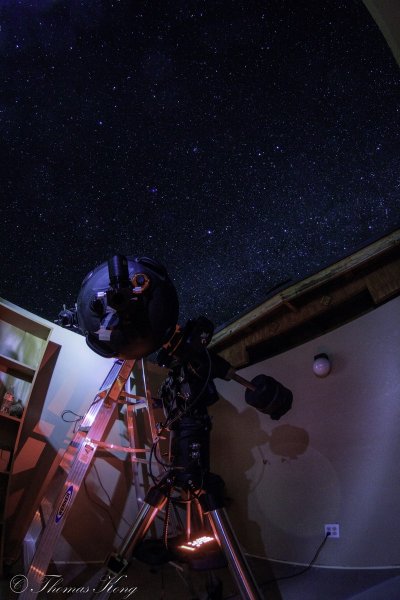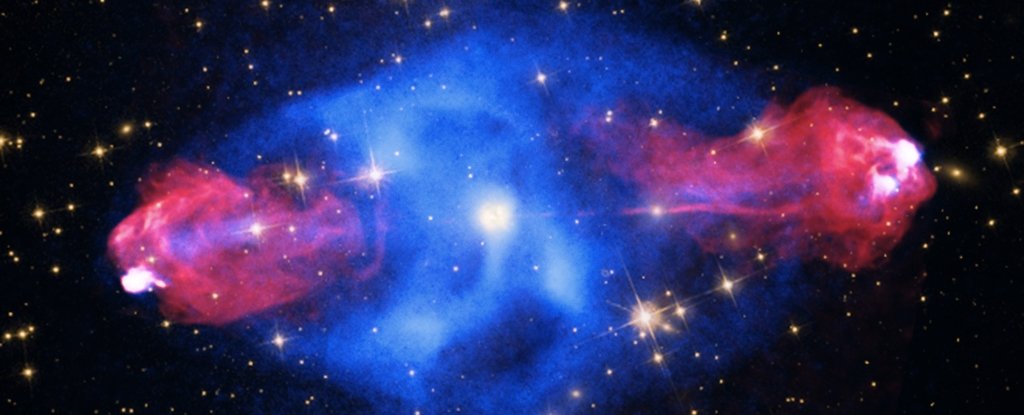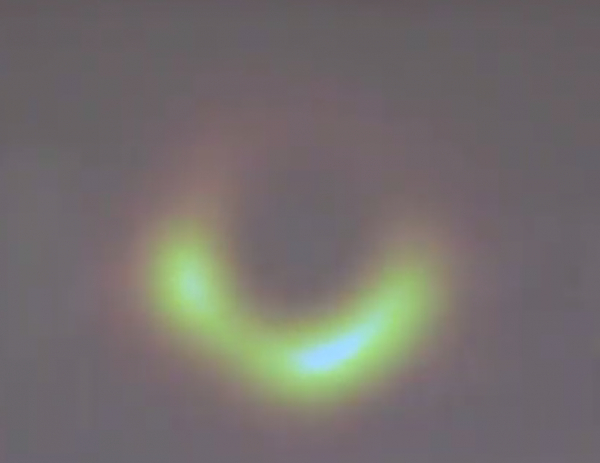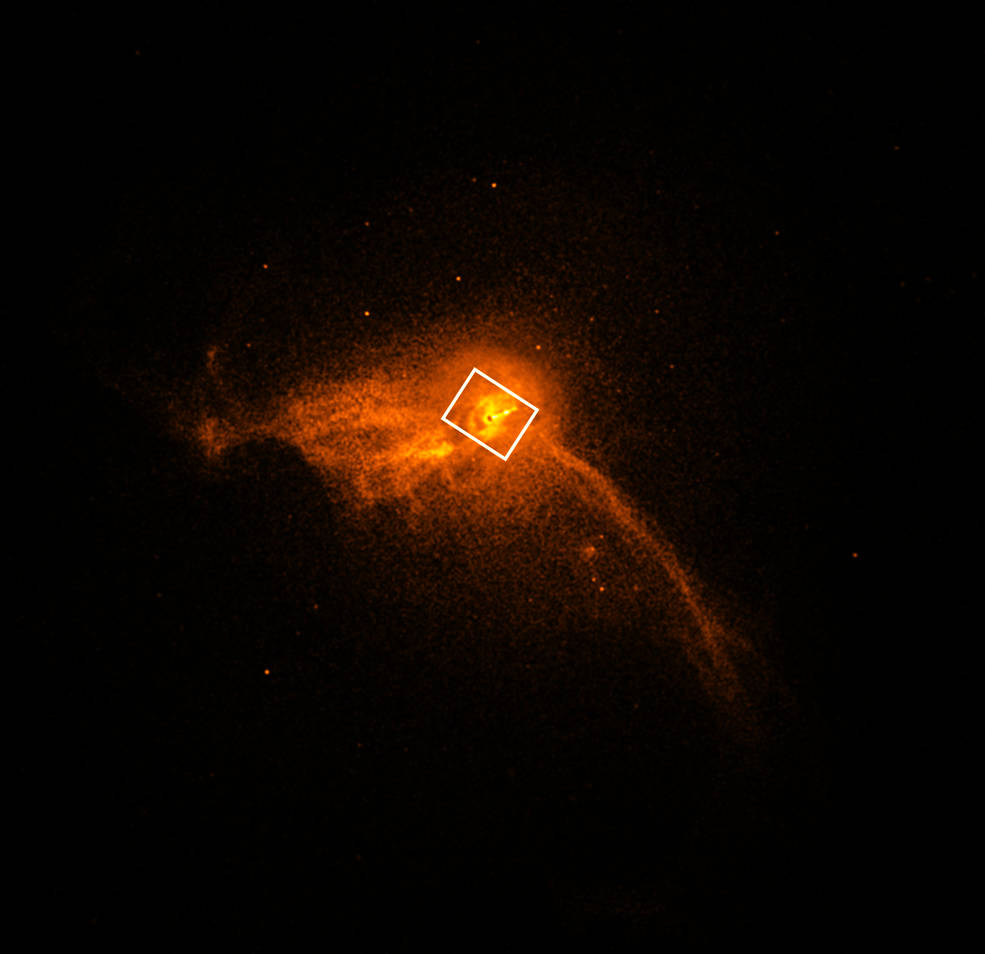Three more links on this ...
? https://www.mnn.com/earth-matters/space/blogs/first-image-black-hole-almost-here
? https://interestingengineering.com/...round-supermassive-black-hole-at-galaxys-core
? https://medium.com/starts-with-a-ba...nt-have-an-image-of-a-black-hole-192ea94f97b7
While physicist astronomers are gathering data to get the first megapixel photograph of a black hole in our galaxy, here on Earth we are gravitationally adjusting our tonearm azimuth and cartridge tracking perfectly in sync with the music rotating @ the perfect pitch and speed.
This is not an April's first joke.
? https://www.mnn.com/earth-matters/space/blogs/first-image-black-hole-almost-here
? https://interestingengineering.com/...round-supermassive-black-hole-at-galaxys-core
? https://medium.com/starts-with-a-ba...nt-have-an-image-of-a-black-hole-192ea94f97b7
While physicist astronomers are gathering data to get the first megapixel photograph of a black hole in our galaxy, here on Earth we are gravitationally adjusting our tonearm azimuth and cartridge tracking perfectly in sync with the music rotating @ the perfect pitch and speed.
This is not an April's first joke.
Last edited:









